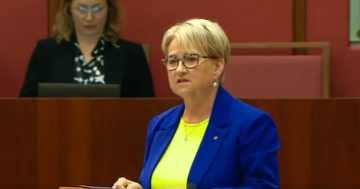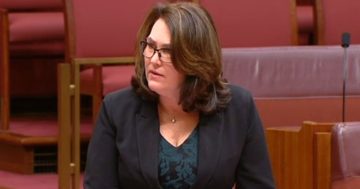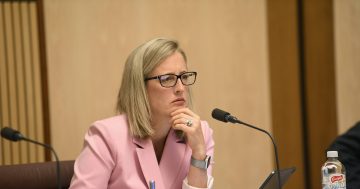
A former PwC partner has lost his registration as a tax accountant for two years.
A former PricewaterhouseCoopers partner has been banned as a tax agent for sharing confidential Treasury information with colleagues and, by extension, clients of his own firm.
The unethical behaviour has sparked Federal Government threats to exclude PwC and other big consultancies from future confidential briefings.
It has also led to calls for a review of all the Big Four accountancy firms’ contract work for the Australian Public Service.
Peter-John Collins lost his registration for two years after a Tax Practitioners Board investigation found him guilty of integrity breaches.
The investigation began shortly after Mr Collins left PwC in October. It revealed that while a partner of PwC, Mr Collins was part of a confidential Treasury consultation about improving tax laws in a bid to stop multinational tax avoidance.
The TPB found Mr Collins made unauthorised disclosures of this confidential law reform information and in so doing failed to act with integrity, as required under his professional, ethical, and legal obligations.
TPB chair Ian Klug said the board would not tolerate practitioners who acted without integrity and who abused their privileged positions helping clients to engage with tax and superannuation systems.
“Many Australians and most businesses entrust their tax practitioner with sensitive personal, financial and tax information. Tax practitioners who breach this confidence will not be tolerated,” he said.
“Rules to manage conflicts of interest are equally important in protecting client interests, especially in a large firm with multiple clients and many staff.
‘Some tax practitioners are involved in confidential law reform discussions, to share their wisdom and experience and to support the public interest.
“Leaking confidential information in these circumstances might be seen to elevate personal and commercial profit, breaching public interest, legal and ethical obligations.”
Assistant Treasurer Stephen Jones said the whole tax advice profession was now on notice.
He suggested confidential briefings involving the big accountancy firms might come to an end.
“When the integrity of that process is breached, we may need to rethink our approach,” Mr Jones said.
The Greens have gone further and called on the Government to review its dependence on private consultancy firms.
Greens senator Barbara Pocock said the Big Four firms – PwC, Deloitte, KPMG and EY – should be thoroughly examined, with the view of curtailing their involvement in confidential government briefings.
“Sharing details of proposals to rein in tax avoidance with firms like these, whose employees then behave unethically, is like putting the fox in charge of the henhouse,” Senator Pocock said.
“What confidence can taxpayers have that conflicts of interest like these are not widespread?”
Former assistant treasurer Michael Sukkar, however, rejected such suggestions.
Mr Sukkar, who worked for PwC in 2005 and 2006, said disciplinary action for breaches of confidentiality should be focused on individuals rather than the firms they work for.
Mr Sukkar remains in the federal parliament as a Coalition MP and shadow minister in non-treasury portfolios.
PwC chief executive Tom Seymour has stated that following the breach, the firm has installed new measures to avoid similar failures.
These measures include monitoring a central register for confidentiality agreements, and introducing a comprehensive education program for PwC employees.




















